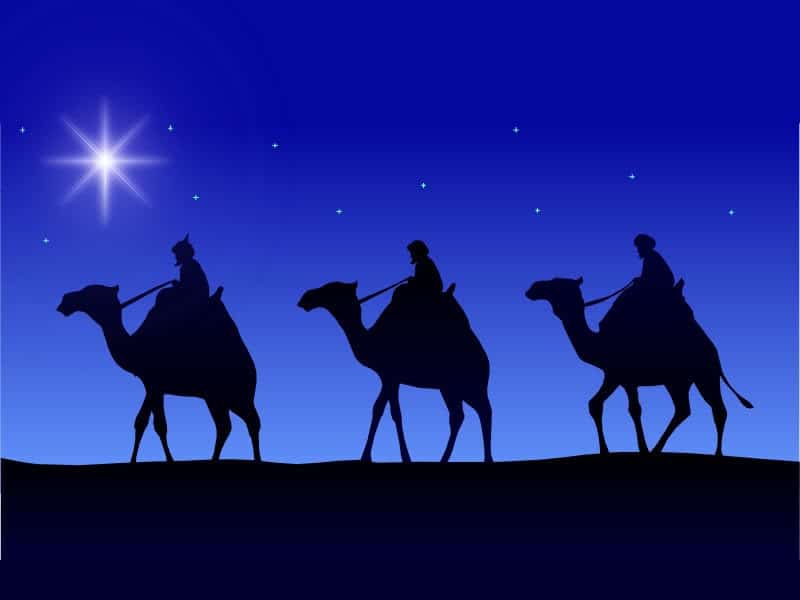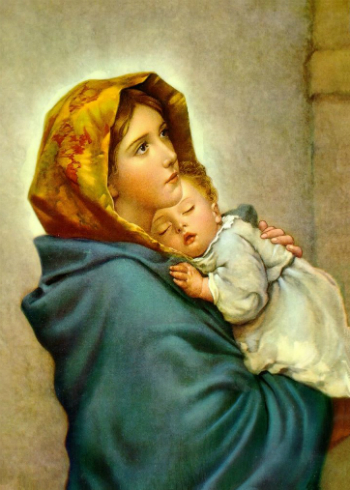Today’s Gospel reminds us why Christmas happened at all. The compassionate gaze of Our Lord is the same as the one he had from Heaven when he saw his creation lost and disoriented by sin, hungering for meaning in their lives. Even now back at the Father’s right hand he directs that same compassionate gaze toward us. Maybe we don’t see him seated before us and teaching us, speaking quietly to his disciples and asking them to take care of us too, but in every celebration of the Eucharist the same thing happens.
In parishes and chapels throughout the world we all form small groups of believers, but all those groups are gathered around Christ, who through the Blessed Sacrament is able to be with all of us. The Word of God is read and its meaning explained by bishops, priests, and deacons who’ve been entrusted with continuing Our Lord’s mission to preach the Gospel and to care for his flock. Simple bread and wine become the Body and Blood of Christ, the Bread of Life that eventually will end all hunger in us and satisfies our deepest needs.
A few days of the Christmas season remain. Let’s show our gratitude for Our Lord’s compassion by being his instruments of compassion to those we know who are in spiritual or material need.
Readings: 1 John 4:7–10; Psalm 72:1–2, 3–4, 7–8; Mark 6:34–44. See also 1st Week of Advent, Wednesday and 2nd Week of Easter, Friday.


